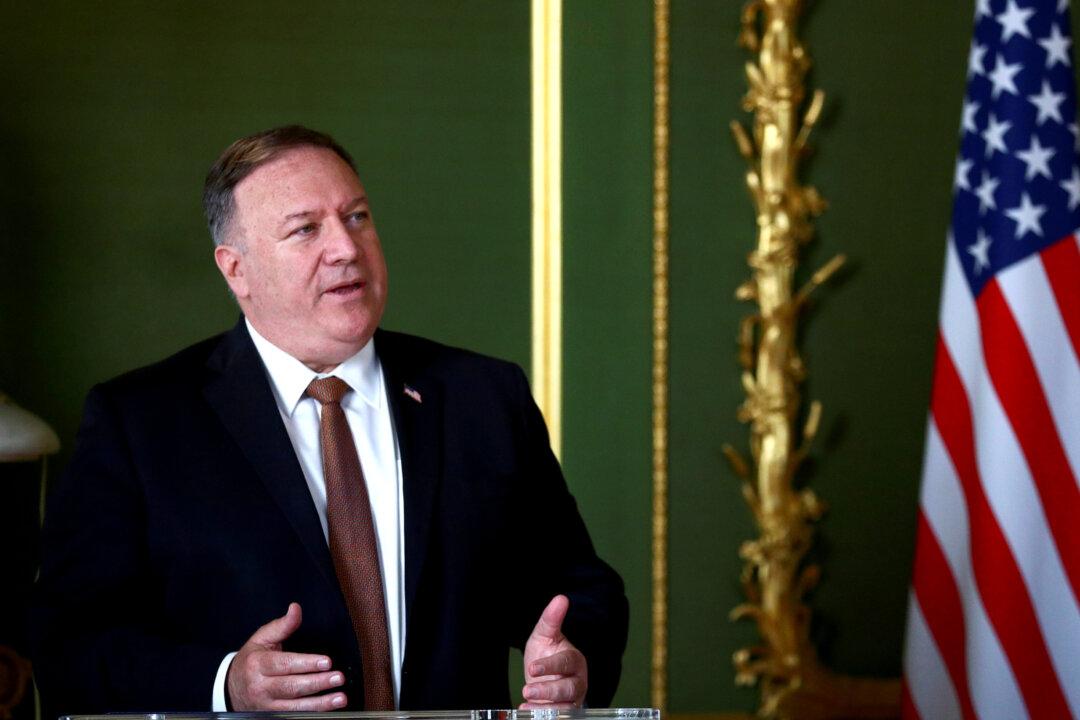U.S. Secretary of State Mike Pompeo condemned the Hong Kong government’s decision to postpone the election for the city’s unicameral legislature for a year.
“There is no valid reason for such a lengthy delay,” Pompeo said in a statement issued on Aug. 1, emphasizing that Hongkongers have demonstrated their desire to hold free and fair elections in past decades.





